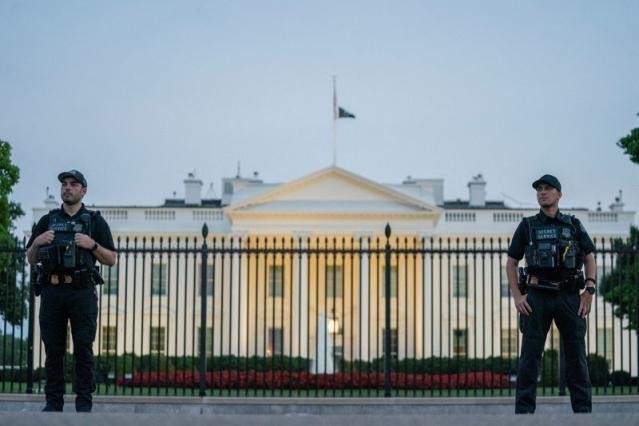
In a move to safeguard artificial intelligence (AI) technologies, President Joe Biden is set to sign a memorandum outlining guidelines for intelligence and national security agencies on the use and implementation of AI systems. The directive aims to protect AI advancements from potential threats posed by foreign adversaries.
The memo emphasizes the importance of maintaining human oversight in AI applications, particularly those related to weaponry and targeting systems. It explicitly prohibits the use of AI for making autonomous decisions in sensitive areas such as asylum granting, ethnicity or religion-based tracking, and terrorist classification without human review.
A key focus of the memorandum is the protection of AI research and development, including AI chips, from espionage and theft by foreign entities. This measure underscores the strategic importance of AI in national security and the need to maintain a competitive edge in this rapidly evolving field.
The newly established AI Safety Institute is expected to play a critical role in the implementation of these guidelines. The institute will be tasked with inspecting AI tools before their release to prevent potential misuse by terrorist groups or hostile nations.
While the memorandum sets ambitious goals, questions remain about its long-term impact. Many of the deadlines outlined in the order are likely to extend beyond Biden's current term in office, potentially affecting the implementation and enforcement of these measures.
This directive represents a significant step in the U.S. government's approach to AI governance, balancing the need for innovation with national security concerns. As AI continues to advance, such measures may become increasingly necessary to protect sensitive technologies and maintain global competitiveness in the AI sector.